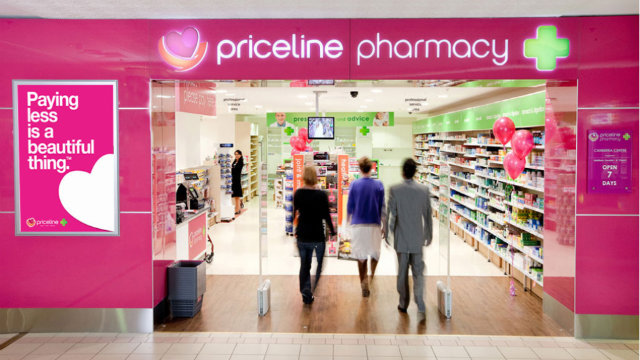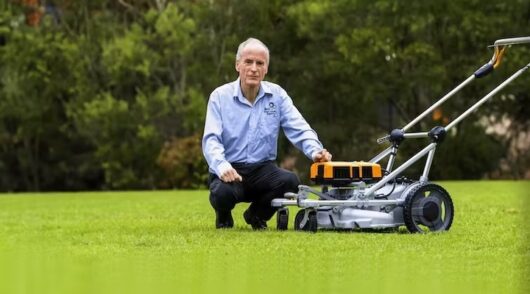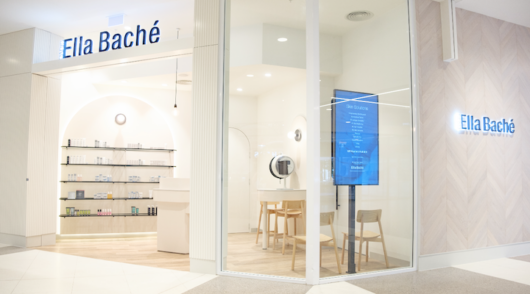
Australian Pharmaceutical Industries (API) said Priceline Pharmacy is soundly placed to prosper in a post COVID-19 marketplace, despite posting a drop in sales in the first half of FY20.
Richard Vincent, API’s CEO and managing director, said the company had already begun to adapt its pharmacy offering and cost base to a shift towards health and value before COVID-19 hit.
“We have developed stronger credentials through machine-driven in-store health checks, medicine management apps, dose administration aid programs and a broader health product offering,” Vincent said.
The company also launched click and collect during the half, which it has been able to rapidly deploy during the COVID-19 pandemic, according to Vincent, to efficiently distribute online orders to customers.
Vincent said a three-fold increase in Priceline Pharmacy app activations to help customers better manage their medication will help the network in a post COVID-19 marketplace.
He also plugged the growth of Priceline’s Sister Club loyalty program to 8.9 million member records, up 7.3 per cent on the previous corresponding period, and a 5.6 per cent increase in basket size for Sister Club members on the previous corresponding period.
“We had already begun to enhance the brand position to tap into a softer and highly competitive retail market, which was compounded by the bushfires,” he said.
“Our positioning through a change in product mix, service focus and targeted offers meant we were able to hold market share across the health, personal care and beauty segments.”
Vincent said Priceline is the first pharmacy chain to offer flu vaccinations nationally and has already experienced very high demand for this service. He expects to provide more than 300,000 by the end of April 2020.
“Pleasingly, demand for our Click & Collect and Click & Deliver services significantly increased and that is almost certainly driven by the emergency measures currently in place,” he said.
Total network like-for-like sales for Priceline Pharmacy, excluding dispensary, were down 1.3 per cent on the previous corresponding period and including dispensary, like-for-like sales were up 0.9 per cent.
The total Priceline store network stood at 488 as of February 29, up by a net nine stores on the previous corresponding period.
API posted a total revenue of $2 billion, 2.8 per cent up on the prior corresponding period. Underlying earnings before interest and tax (EBIT) was $41.7 million, down 6.1 per cent on the previous corresponding period.
The company’s underlying net profit after tax (NPAT), excluding AASB16 Leases, was $26.3 million, down 1.9 per cent on the previous year.
Reported EBIT of $39.3 million was down 11.5 per cent on the previous year and reported NPAT of $22.5 million saw a 9.9 per cent drop from the previous corresponding period.
“The result is in line with expectations at our January AGM and reflects the generally challenging retail conditions and consumer sentiment, allied to timing of orders relative to last year and supplier delays impacting upon Consumer Brands’ earnings,” Vincent said.
“Critically, entering the current environment, API’s financial position has strengthened as a result of our net debt reduction following the combination of debt repaid with the proceeds from the sale of our Sigma shareholding, and improved working capital and cash conversion.”
Vincent said the API Board retains its confidence in the long-term growth prospects of its assets. However, it cannot offer guidance for the second half because of the volatility the ongoing COVID-19 pandemic is causing.
Vincent said from a capital management perspective, their focus will be on preserving cash in the short term.
“We previously announced that we are exploring options for a new, highly automated distribution centre in Sydney, which is likely to be $50 million over and above normal capital expenditure levels,” he said. “If we proceed according to the current timetable, there will be minimal spend in FY20. We anticipate the majority of the spend would be in FY22.”





